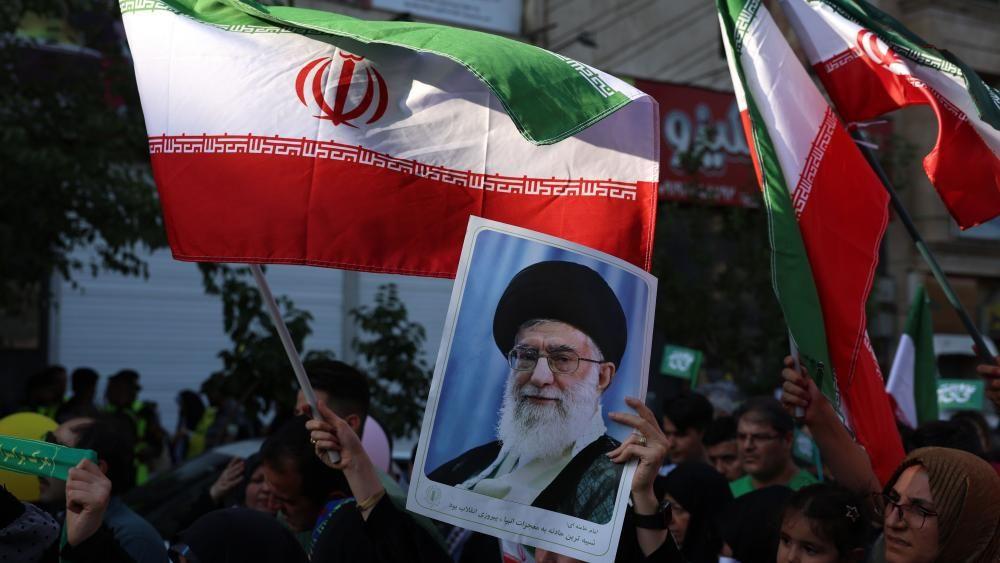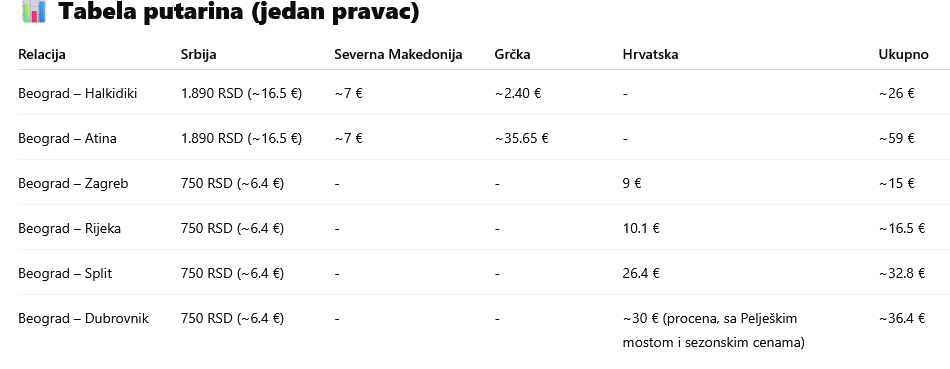The bloody Vietnam war ended Five decades before: When the war remains in man – the world
The bloody Vietnam war ended five decades ago. He is the theme of countless books and movies. But the consequences of the consequences he left for the soldiers and society is less often said.
The Vietnam War belongs to the longest military conflict 20. century. He followed the war against the Colonial Force of France and lasted from 1955. until 1975. years.
The war, who took close four million lives, ended with a defeat of regime in southern Vietnam, who supported the United States, and victory communist forces from North and South Vietnam.
All the libraries were written about the Vietnam War and its consequences. However, one often eludes – the story of long-term psychic and social consequences.
Postvetvietal syndrome
At the latest of the First World War, it is known that soldiers often suffer long after the war.
In the so-called « war shakers » in Germany, the trembling attacks and panic attacks appeared in Germany. Some patients refused food. Medicine did not have answers, in line with the spirit of time, they were considered simulants or are left to the self-identification of the soul.
It changed with Vietnam War. In 1972, a psychiatrist Haim F. Jatan, who worked with Vietnamese veterans, announced in New York Times a report on postvetvatic syndrome. The Chatan described how the veterans were tortured by the feeling of guilt, as the war hurried and distressed them deeply of his neighbors.
« The most striking feature is a painful suspicion of one’s own ability. One veteran said, as I learned to hate. And I really hated, man! But love is a pretty big word.
I want Bruner, a historian of science and professor-emeritus University of Tel Aviv, for DW says that Shatan’s article was key to understanding what the wars make people. « It was actually the first recognition that the war does not end when the last shot falls, because soldiers invisit the war inside, » Bruner says.
Posttraumatic stress disorder
It has been a few more years, until the 1980s, before the American psychiatric society has officially recognized the disease as a posttraumatic stress disorder (PTSD).
The research on the order of the US Congress was 1983. it showed that fifteen percent of veterans were affected – a total of more than 400,000 people.
The repeated study, conducted four decades after the end of the Vietnam War, revealed that every fifth veteran was still suffering from PTSD. They were twice the chance that such a veteran had already died than the one who did not have PTSD.
With the help of therapies and medication, PTSD can be cured or even alleviated. In most patients, it becomes less acute.
However, the situation in Vietnam was completely different, how Martin Groshaim, historian and expert in Vietnam from the National University of Seoul, was completely different in the conversation for DW.
« I’m absolutely sure it’s a very large number of Vietnamese soldiers who suffered from trauma. But it was never a theme in Vietnam. »
The main reason is that the Communist Party of Vietnam delivers what is said about the war. « Psychic problems did not fit in the official picture of the heroic fight against Americans, » says Grosheim.
That the problems still existed, shows the example of a writer and former soldier Bao Nina, which was 1987 published a novel « suffering of war ». The main character in the novel from war memories runs into alcohol and suffers from deep alienation from society. The novel is banned immediately after publication.
Social trauma
Overcoming trauma is not just an individual question, says Bruner. « It’s not enough to lie on the couch, they’re treated, and then be fine. The question is that society is carried with war. And in turn, affects individuals. »
Social approach, according to Bruner, has at least four dimensions:
First, the rituals of memories: are the wreaths on the cemetery? Are there public commemorations? Do soldiers celebrate as heroes, like in Vietnam, or were seen as criminals, such as American veterans, who were marked as « Baby killers » in the United States?
Second, popular narratives: not only how historians study war, but also how the war is shown in school textbooks, popular films and novels.
Third, later reconciliation between warring parties: Has reconciliation occurred or not?
Fourth, social recognition of crimes and psychic pain soldiers: Are facts recognized or denied?
« In the first decades – and I speak here as a historian because for decades for this process and not so long – denial is a completely normal phenomenon, » Bruner says.
Heritage that lasts for decades
According to Bruner, the consequences of the war are also felt at individual and social level decades.
In Vietnam, five decades have been marked by parades, television debates and political speeches since the end of the war – within the borders determined by the party. It tries to show himself as a guarantor of the country’s success, it points out by Grosheim.
« After the victory over the French, victory over the ‘American imperialists’, as it reads official terminology, and then the winning reform comes, » he adds.
It is thought of economic reforms in the late 1980s, which made one of the fastest growing economies in the world from Vietnam.
Reconciliation exists, but with one asymmetry. While Americans are welcome today, there is still a « big problem of reconciliation » with former Southvestary opponents, says Grosheim.
The past events is not spoken open, and suffering the Southvestary soldiers is only sporadically recognized. After the war, the cemetery of these soldiers were desecrated and long ago, and the families were forbidden to maintain them.
Only 2007. The Vietnamese government reopened the cemeters and allowed their maintenance.
« It was an important step towards national reconciliation, » says Grosheim. « An even bigger step would be that the Vietnamese authorities allow people to seek remains of missing Southvestian soldiers. »
The remains of hundreds of thousands of people are still not found. In Vietnam, where the cult of the ancestors still has great importance, many believe that souls of the deaths find peace only when they are worthily buried.
Follow us on our Facebook and Instagram page, but also on X account. Subscribe to PDF List release today.






